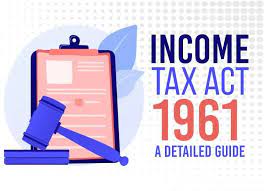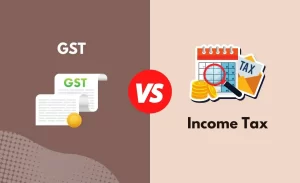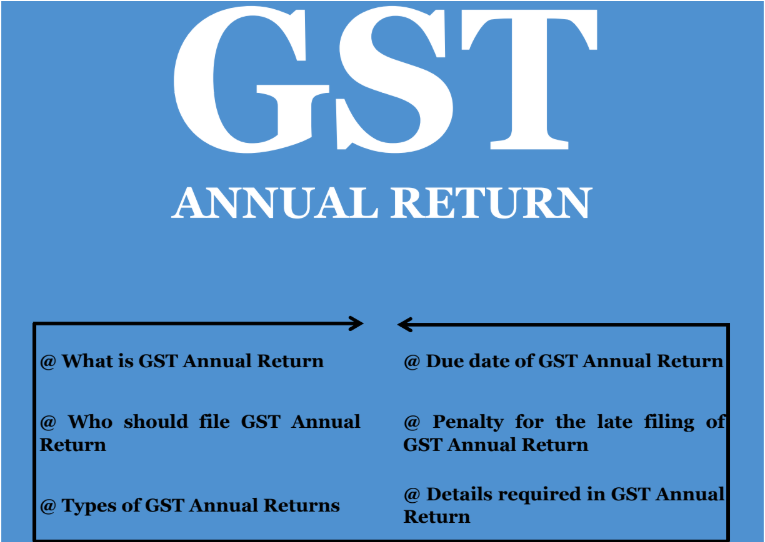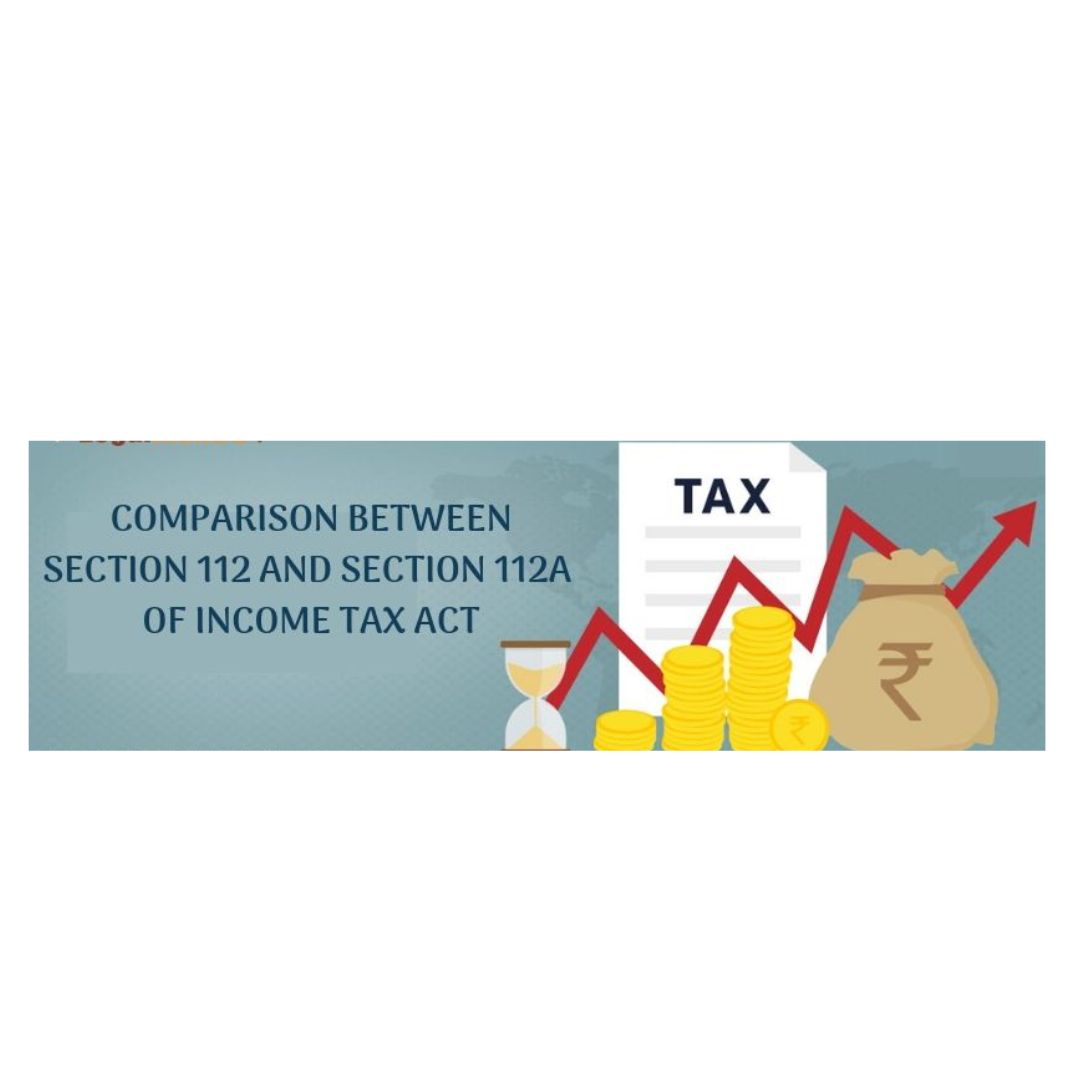Gst compliance checklist for private limited company?
GST Checklist for PVT Ltd Company GST Checklist for Pvt Ltd Company, Verify if your company meets the turnover threshold for GST registration. Apply for GST registration by providing the necessary documents and information. Invoicing and Documentation: Ensure that all invoices issued by your company are GST compliant, including details such as GSTIN, invoice… Read More »








